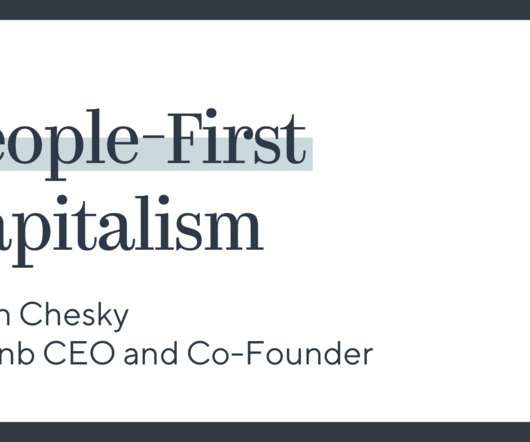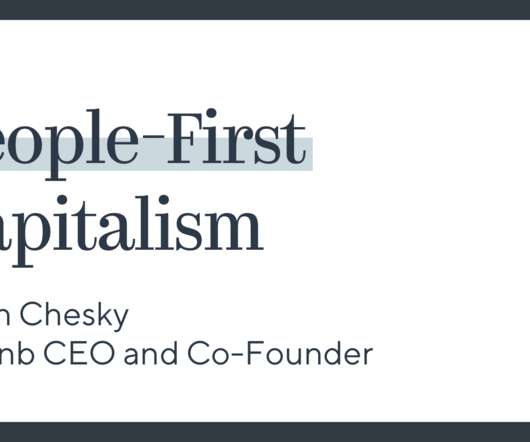Why Startups Should Raise Money at the Top End of Normal
Both Sides of the Table
JUNE 5, 2011
I raised my A round at a $31.5 million post-money valuation with no revenue. We had companies pitching us that had almost no revenue at all and they were raising $10-15 million in capital at a $40-50 million pre-money valuation. Another firm we saw tried to raise $15 million at a $60 million pre-money with similar metrics.













Let's personalize your content